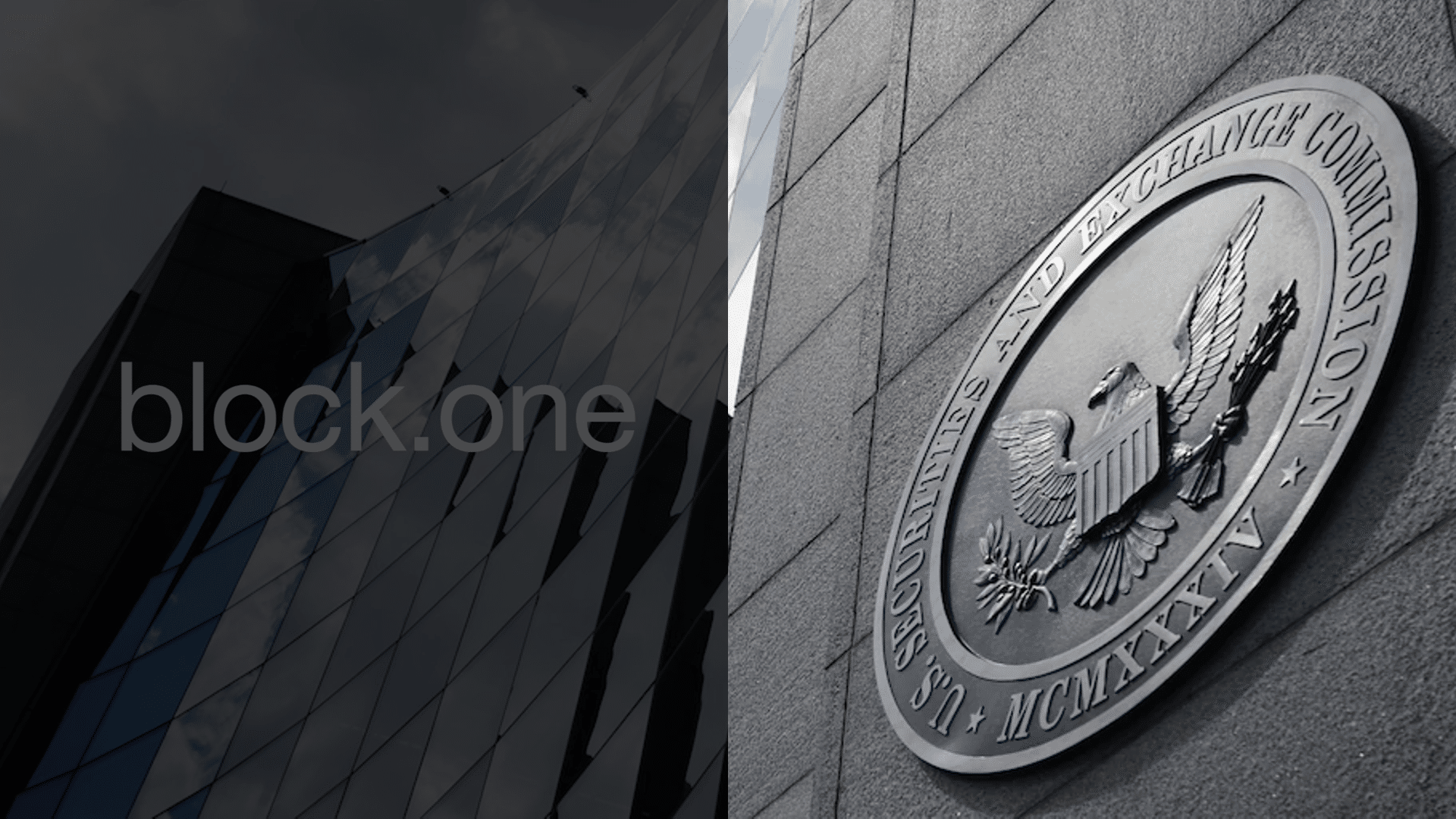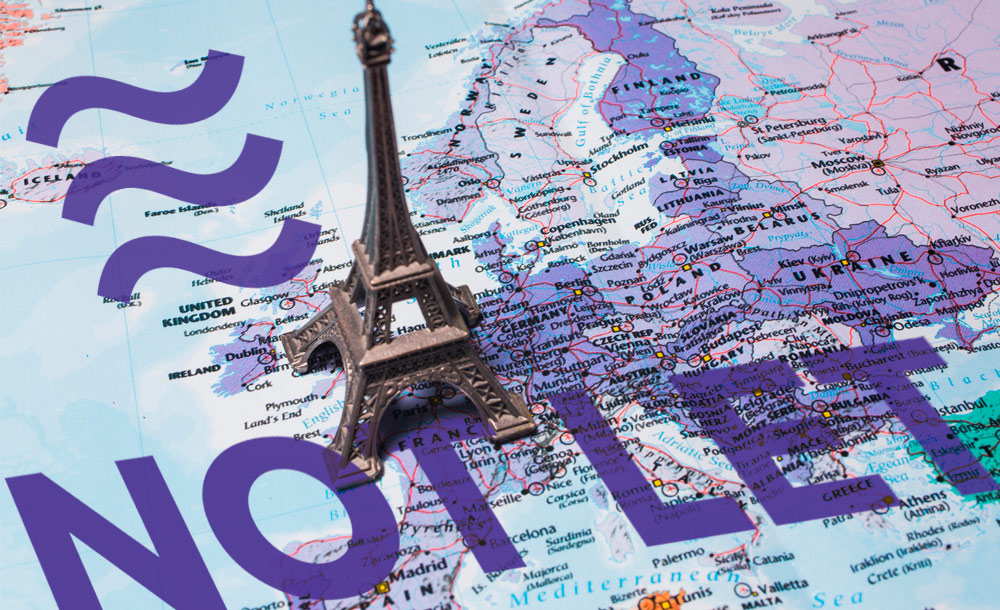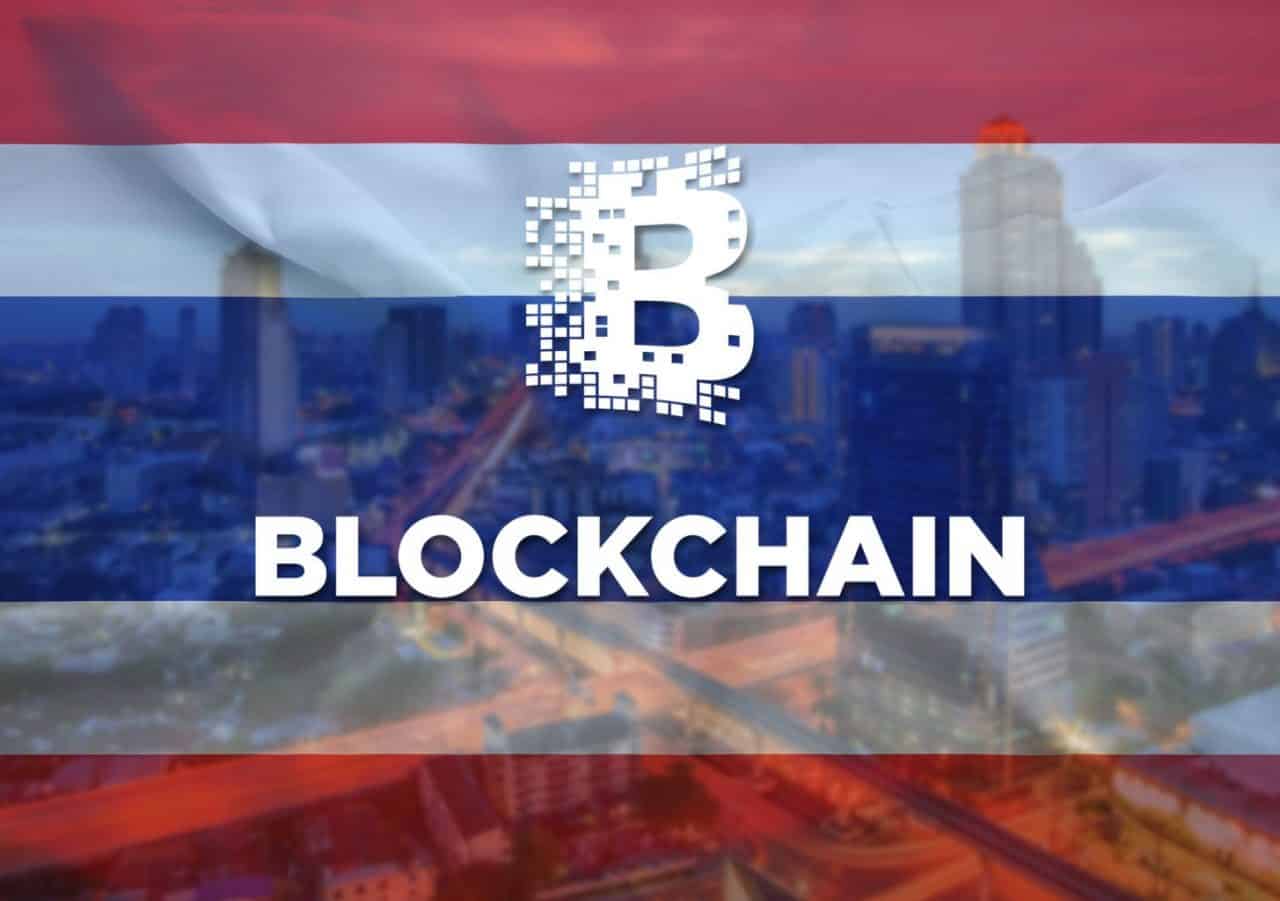 Block.one, according to a Security Exchange Commission (SEC) press statement, has been obligated to pay $24 million in penalties for conducting an unregistered securities sale by carrying out its Initial Coin Offering (ICO).
Block.one, according to a Security Exchange Commission (SEC) press statement, has been obligated to pay $24 million in penalties for conducting an unregistered securities sale by carrying out its Initial Coin Offering (ICO).Block.one is the creator of EOS, which has issued over $4.1 billion of tokens, making it the largest ICO ever. Being fined $24 million (only 0.0058%) to get an SEC waiver looks like a stunning deal for Block.one, so it is of no surprise that within hours of this announcement EOS’s token price was up by 9%.
“Block.one did not provide ICO investors with the information they were entitled to as participants in a security offering,” said Steven Peikin, Co-Director of the SEC’s Division of Enforcement. “The SEC remains committed to bringing enforcement cases when investors are deprived of material information, they need to make informed investment decisions.”
As an aside, Block.one (according to a Bloomberg report in June 2018) was holding most of its current $2.2 billion in US Government bonds and 140,000 Bitcoins.
From this information, if you assume Bitcoin price is $8,200 then Block.one’s holdings are worth $1.19 billion which, added to the $2.2 billion of US bonds, ought to imply that EOS capitalisation ought to be at least $3.35 billion and not $2.9 Billion. No wonder Block.one was reported to be looking to buy back its stock. If Block.one did manage to buy back all the EOS tokens, then presumably Block.one’s ordinary shareholders could turn Block.one into a $450 million ‘cash shell’.
Given this Block.one ruling and the on-going battle that the SEC is having with Kik’s ICO, (a Canadian-based social message company), it is clear evidence that the SEC does indeed have teeth and is looking to pursue those ICOs which have broken US laws. Indeed, the SEC has just fined another company, Nebulous Inc, as it too is claimed to have violated SEC security regulations back in 2014. Interestingly, this shows that the SEC can take years to decide the action it wishes to pursue which is cold comfort for those organisations that carried out ICOs in the past.




